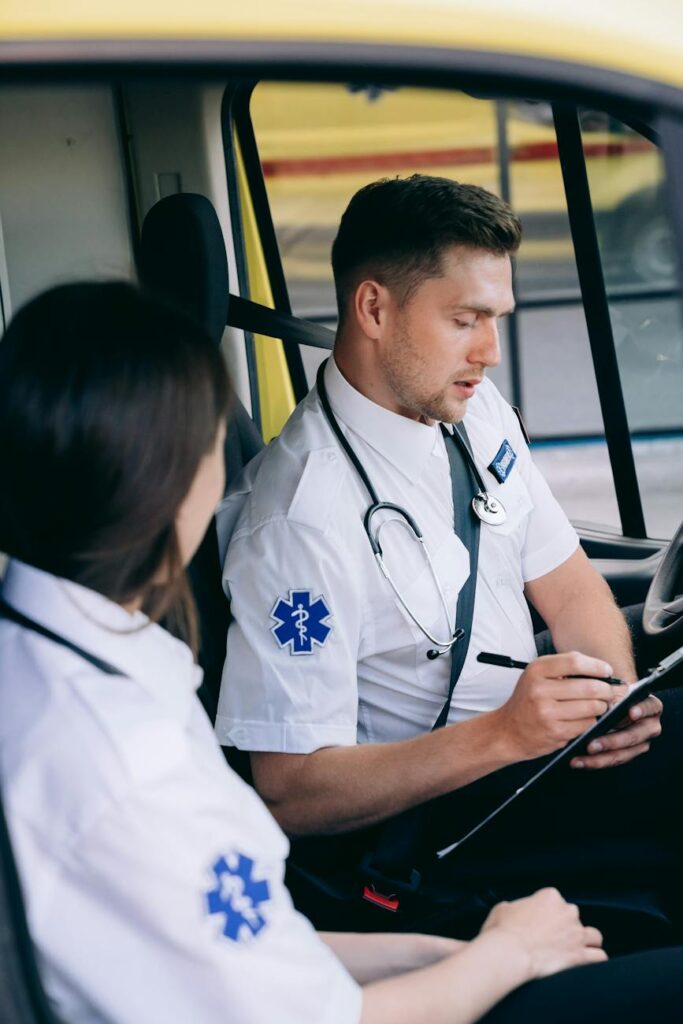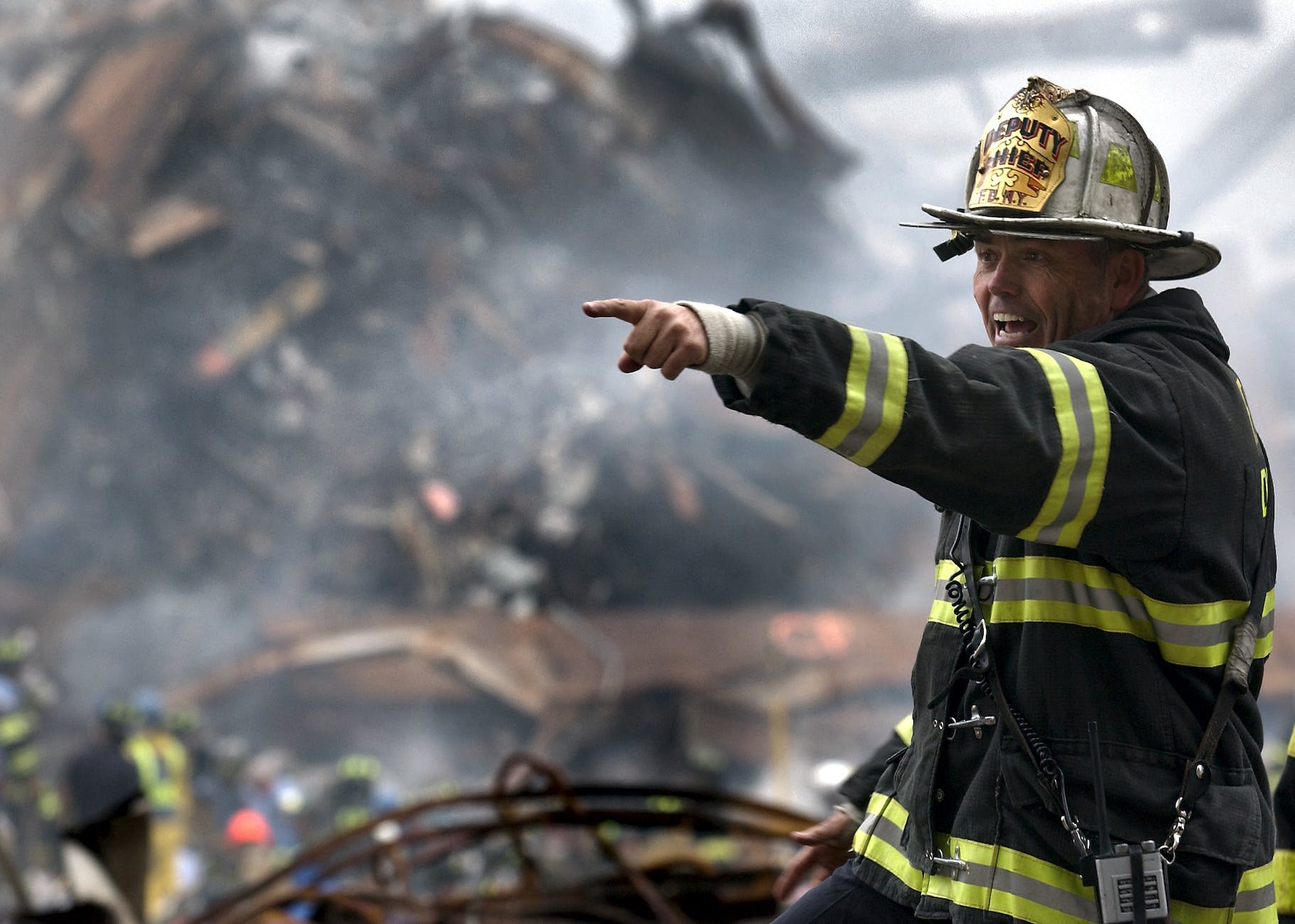EMTs arriving on a scene will ask questions for several purposes: to assess the situation, gather information about the patient(s), and determine the best course of action. Knowing what they might be looking for can help you to prepare prior to their arrival for quicker easier care. Here are some common categories of questions they might ask:
Scene Safety:
- Is the scene safe for me and my partner to enter? This considers potential hazards like downed power lines, unstable structures, or hazardous materials.
- How many people are involved? Understanding the number of patients helps allocate resources and prioritize care.
- What happened? Briefly understanding the nature of the emergency helps guide their initial approach.
Patient Assessment:
- What is your name and date of birth? This aids identification and medical history retrieval.
- What are you feeling right now? This establishes their current symptoms and level of alertness.
- What happened and when did it happen? Understanding the events leading up to the emergency provides context for their condition.
- Do you have any allergies or are you taking any medications? This is crucial for safe treatment decisions.
- Do you have any medical conditions? Knowing pre-existing conditions helps guide care and identify potential complications.
- Do you have any pain? If so, where and how bad is it? Pain assessment helps prioritize treatment and monitor response.
- Any Medications? If possible it may be a good idea to gather any medications, or have a list ready including, name, dosage, and the reason for taking
Additional Information:
- Are there any witnesses who can provide additional details? Witness accounts can offer valuable clues about the events and patient condition.
- Who called 911 and what information did they provide? This relays initial reports and potential details missed by the EMTs.
- Is there anyone else who needs assistance? This ensures all potential patients are identified and addressed.
Remember: These are just examples, and the specific questions asked will vary depending on the specific situation, type of emergency, and patient presentation. EMTs prioritize efficient and effective care, and their questions are crucial for gathering the necessary information to make informed decisions and provide the best possible treatment.


